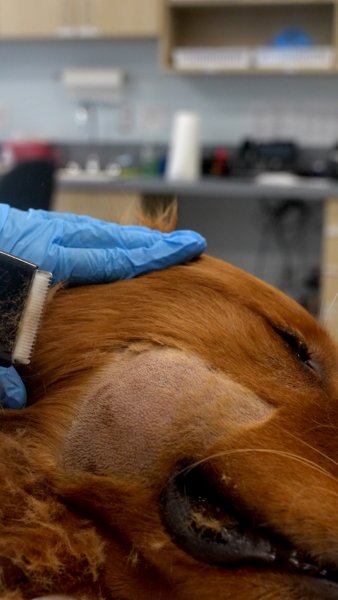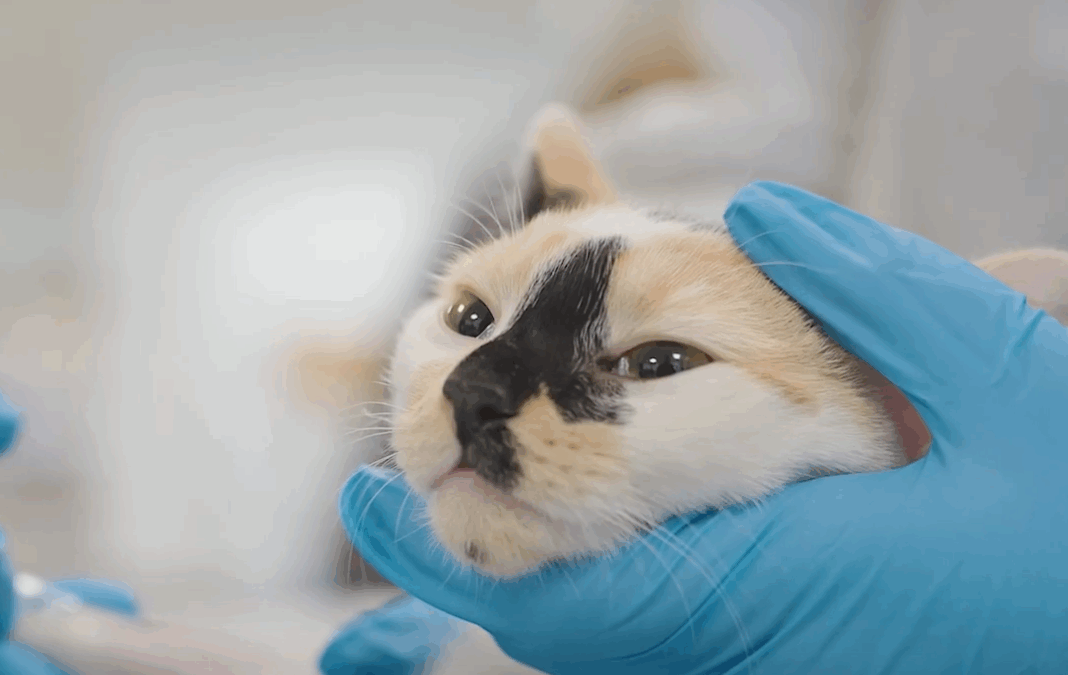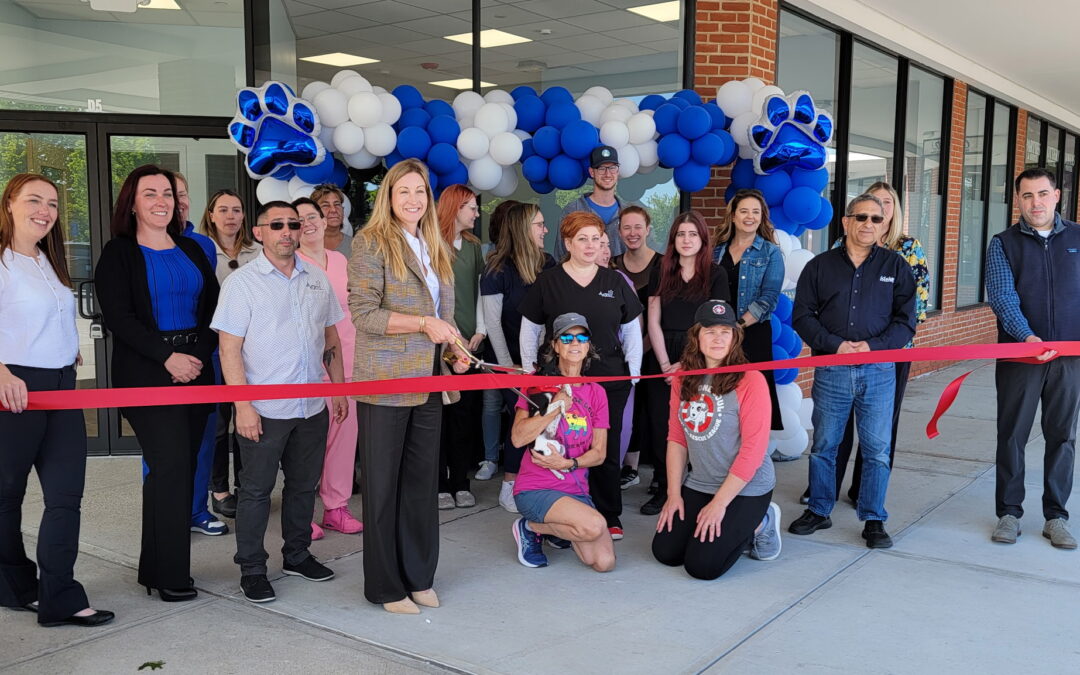
If you’ve ever noticed that your pet has some swelling under their skin after sustaining an injury or a bite, they might be dealing with an abscess. These are particularly common after misunderstandings at the dog park or in the case of our feline friends, after being outside. An abscess is a localized collection of purulent material caused by infection. While they can occur in any animal, cats and dogs are particularly prone to them. Understanding the signs, diagnosis, and treatment of abscesses is crucial for pet owners to ensure their pets receive the care they need promptly at urgent care or in an emergency setting.
The first signs you should look out for is a noticeable lump or swelling that is often warm to touch. Your pet may feel some discomfort in the area when touched or pressed, or it may present with some redness and warmth around the area. Your pet may also be lethargic or lose their appetite and/or display signs that something may not be right with him or her.
If you suspect your pet has an abscess, it is important that you seek veterinary care promptly, as the infection could spread, leading to more serious issues if left untreated.
A veterinarian will perform a thorough physical examination and may recommend additional tests, such as fine needle aspiration or cytology, to confirm the diagnosis. These tests involve extracting a small sample of fluid or tissue from the abscess for analysis under a microscope.
If your pet is diagnosed with an abscess, you can expect a few different types of treatment options, including:
- Drainage: The veterinarian will drain the abscess to remove the accumulated purulent material and relieve pressure. This may involve lancing the abscess under local anesthesia or surgically opening, flushing the area and placing a drain to allow for drainage.
- Antibiotics: After drainage, your veterinarian will prescribe antibiotics to eliminate the infection and prevent it from spreading. It’s essential to follow the prescribed antibiotic regimen carefully and administer the medication as directed.
- Pain management: Pets with abscesses may experience discomfort or pain, so your veterinarian may prescribe pain medication to keep them comfortable during the healing process.
- Wound care: Proper wound care is crucial for preventing complications and promoting healing. Your veterinarian may recommend cleaning the affected area regularly and applying a warm compress to the area, as needed.
- Your veterinarian will also recommend an e-collar to prevent licking and further infection to the area
Your number one priority when you take your pet home from the veterinarian is to keep the area clean and ensure your pet is wearing a cone at all times. It can be inconvenient for your pet, but the best way to prevent infection and/or re-aggravation of the area to promote proper healing is if your pet cannot lick or access the area.
While an abscess can look scary and be uncomfortable for your pet, it is something that is manageable if you take the proper precautions and steps. Urgent care is a great option for you if you believe your pet has an abscess. Veterinary Urgent Care Center has 6 locations in Massachusetts and Rhode Island and is open 7 days a week! Book online or view our hours before you walk-in at veturgentcare.com.



